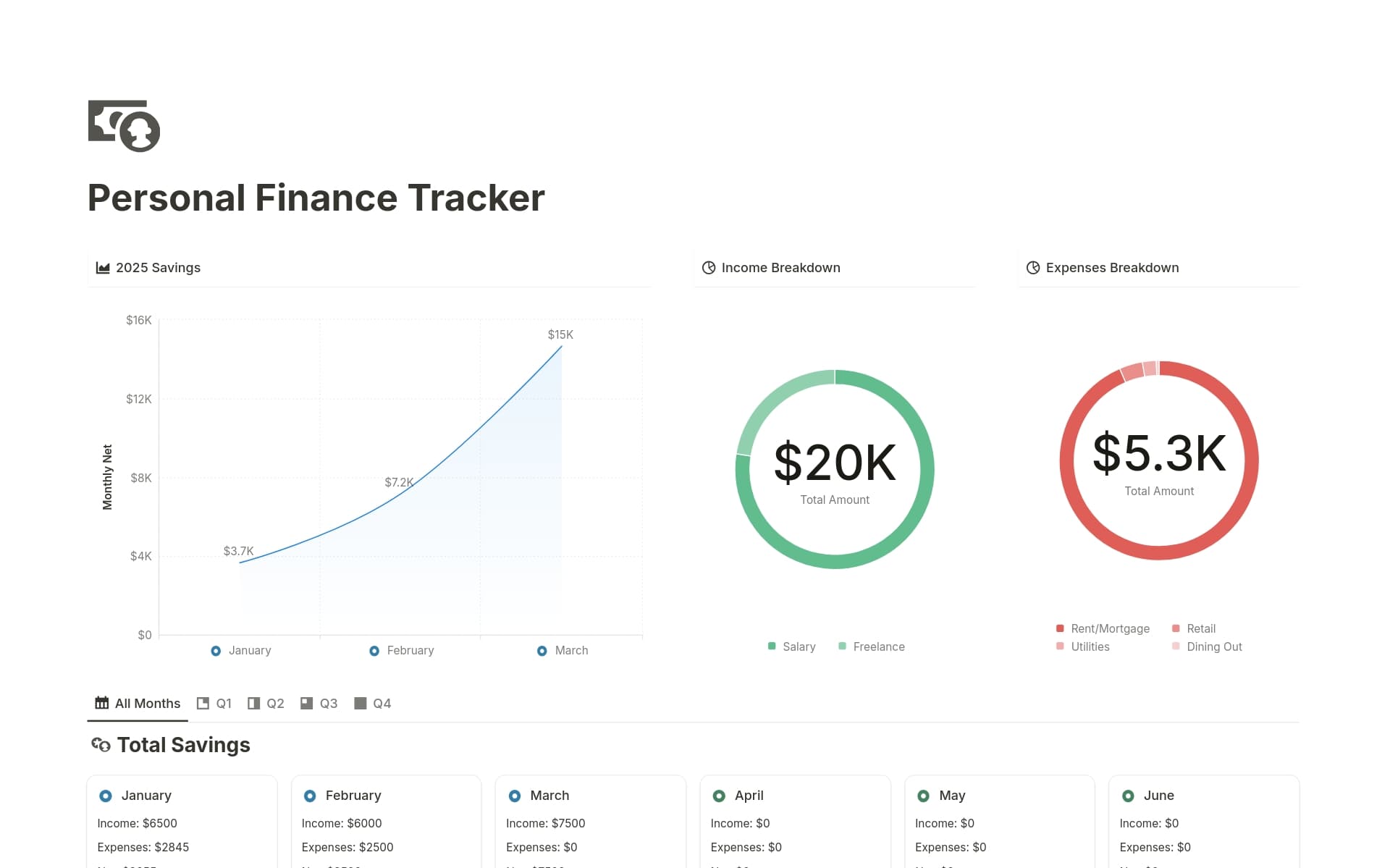Work evaluation is a critical aspect of professional development, allowing individuals to assess their performance, set goals, and identify areas for improvement. It fosters accountability and growth, ensuring that one's career trajectory aligns with personal and organizational objectives. A Work Evaluation template in Notion can streamline this process, providing a structured format to document evaluations, track progress, and plan for future development.
Before you dive into creating your own Work Evaluation, consider exploring these Work Evaluation Notion templates to simplify the process and enhance your productivity.
What Should Work Evaluation Templates Include?
Choosing the right Work Evaluation Template in Notion can streamline the process of assessing employee performance effectively. Here are key components to look for:
Clear Objectives: The template should have well-defined goals and objectives that align with the company's overall strategy, making it easier to measure employee alignment and performance.
Feedback Mechanisms: It should include structured sections for feedback, both from supervisors and peers, to foster a comprehensive review process.
Progress Tracking: Effective templates offer tools to track progress over time, allowing for adjustments and highlighting growth areas.
Customizability: Look for templates that are flexible and can be tailored to the specific needs of different departments or roles within the organization.
Selecting a template with these components will ensure a thorough and adaptive approach to employee evaluation, enhancing both individual and organizational performance.
What Should Work Evaluation Templates Avoid?
Choosing the right Work Evaluation Template in Notion is as much about what it doesn't include as what it does. Here are three key components to steer clear of:
Overly Complex Metrics: Avoid templates that include too many detailed metrics which can complicate the evaluation process and obscure key performance insights.
Generic Content: Steer clear of templates that are not adaptable to specific job roles or departments. Customization is essential for relevant and effective evaluations.
Non-Collaborative Features: Choose templates that encourage feedback and interaction. Avoid those that do not support collaborative input and discussion between evaluators and employees.
Remember, a good template should help clarify and streamline the evaluation process, not introduce new barriers to understanding and efficiency.









